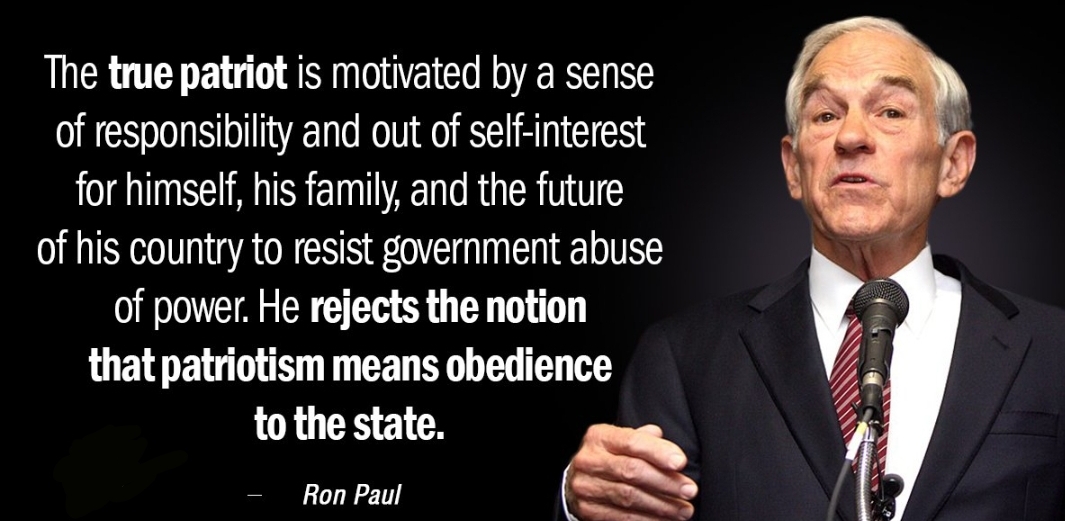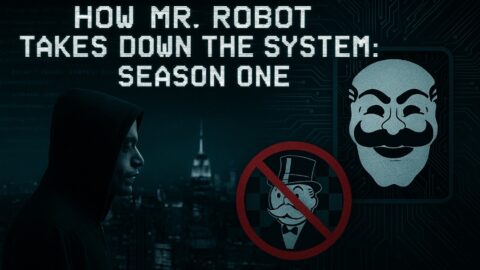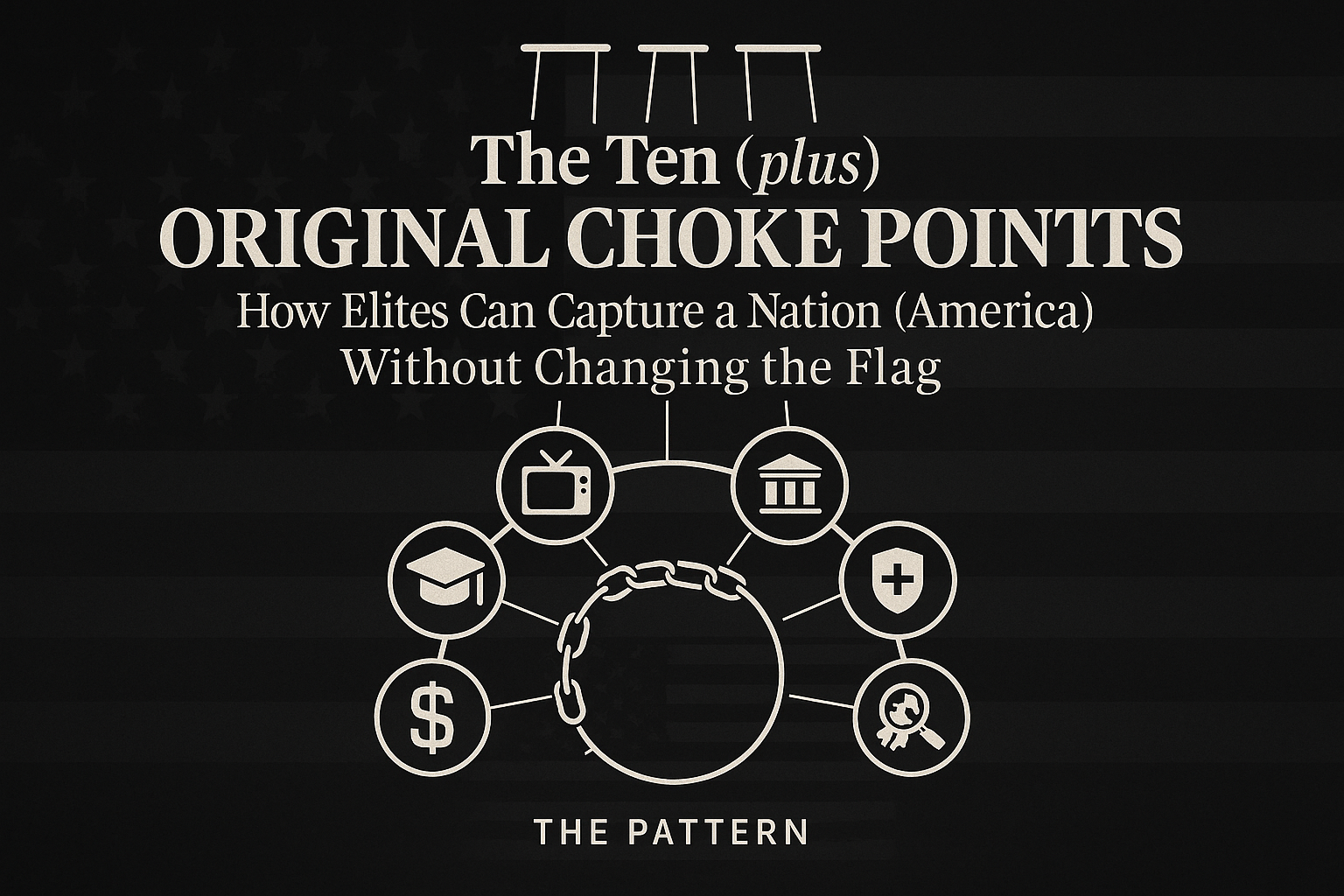The phrase “Don’t bite the hand that feeds you” is often used to emphasize the idea that one should not act against or criticize the source of their livelihood (Two Classes of Men: Those Who Pay Taxes & Those Who Receive the Taxes). When applied to government employees or those whose paycheck is tied to the government, it suggests that they may feel compelled to remain loyal or at least refrain from criticizing the government, due to the direct financial relationship. It’s a form of corruption and the majority of people are ignorant or State Sactioned Patriots (turncoats) (There Are Two Types of Patriotism: State Santioned & State Labeled Domestic Terrorist).

Key Points:
Economic Dependence:
- Financial Security: For many government employees, their paycheck, benefits, and job security are directly tied to the government. This financial dependence can create a strong incentive to avoid actions or speech that might jeopardize their employment.
- Fear of Retaliation: Government employees might fear that criticizing or opposing the government could lead to professional consequences, such as loss of employment, demotion, or other forms of retaliation.
Psychological and Social Factors:
- Loyalty and Gratitude: There can be a sense of loyalty or gratitude towards the government for providing a stable job, especially in regions where such opportunities are scarce. This gratitude can discourage actions perceived as disloyal.
- Institutional Culture: In many government institutions, there is a culture that discourages dissent or criticism. Employees may internalize this culture and avoid “biting the hand that feeds them” to maintain harmony and protect their careers.
Ethical Considerations:
- Moral Dilemmas: Employees may face ethical dilemmas when they disagree with certain policies or practices but feel unable to speak out due to their financial dependence on the government. This can create internal conflicts between personal values and professional survival.
- Whistleblowing Risks: Those who choose to “bite the hand” by becoming whistleblowers often face significant risks, including legal battles, loss of livelihood, and damage to their reputation.
Balancing Act:
- Navigating Loyalty and Integrity: Government employees often have to navigate a fine line between loyalty to their employer and maintaining personal integrity. Some may choose to work quietly within the system to effect change rather than publicly criticizing it.
- Selective Silence: Some employees might practice selective silence, choosing to remain quiet on issues that could threaten their job security while still holding personal opinions that differ from the government’s stance.
Long-Term Implications:
- Impact on Innovation and Reform: When employees feel unable to criticize or challenge the government, it can stifle innovation and reform. Fear of “biting the hand that feeds them” can lead to a lack of critical feedback, which is essential for improving systems and policies.
- Erosion of Trust: Over time, if the suppression of dissent becomes widespread, it can lead to an erosion of trust in public institutions. This can have broader societal implications, reducing public confidence in the government’s ability to act in the public interest.
In essence, the phrase “Don’t bite the hand that feeds you” highlights the complex relationship between financial dependency and personal or professional loyalty. For government employees, this often means balancing their role as public servants with the realities of their economic dependence on the state, sometimes leading to silence or compliance even in the face of disagreement.
Individuals who work for the state are more likely to be loyal to it due to the financial incentives provided by their paycheck is rooted in several psychological, economic, and social dynamics. Here’s a deeper exploration of why this loyalty might manifest:
Economic Dependency:
- Job Security: State employment often provides more job security compared to private sector jobs, particularly in regions where the government is a dominant employer. This security can foster loyalty, as employees may be less willing to jeopardize their stable income by acting against the state’s interests.
- Benefits and Perks: Government jobs frequently come with benefits like pensions, health insurance, and paid leave, which can make employees feel tied to their positions. The fear of losing these benefits can encourage loyalty to the state.

Psychological Commitment:
- Cognitive Dissonance: Employees might experience cognitive dissonance if they find themselves questioning the actions of the state while relying on it for their livelihood. To resolve this tension, they may rationalize or even embrace the state’s values and decisions more strongly, leading to increased loyalty.
- Identity and Purpose: Many state jobs are associated with public service, giving employees a sense of identity and purpose. This can create a psychological bond where the employee’s self-worth and professional identity are tied to the state’s mission, fostering loyalty.
Socialization and Conformity:
- Workplace Culture: State employees are often immersed in a workplace culture that reinforces loyalty to the government. This can be through formal training, institutional values, or simply the day-to-day interactions with colleagues who share similar views.
- Peer Pressure: In environments where loyalty to the state is the norm, individuals may feel pressured to conform to avoid alienation or backlash from their peers.
Strings Attached to Employment:
- Accountability and Monitoring: State employees might be more closely monitored and held accountable for their actions, particularly when it comes to political neutrality or adherence to state policies. The awareness of being watched can reinforce loyalty, as dissent could lead to job loss or other penalties.
- Promotion and Career Advancement: Loyalty to the state can also be motivated by the desire for career advancement. Employees may align closely with the state’s goals and policies to increase their chances of promotion or other professional opportunities.
Moral and Ethical Alignment:
- Shared Values: Employees may choose to work for the state because they already align with its values and goals. For instance, someone working in public health or education might be deeply committed to the state’s mission in these areas, leading to genuine loyalty rather than just economic dependence.
- Public Service Motivation: Some people are intrinsically motivated by the idea of serving the public. This motivation can naturally extend to loyalty to the state, as they see their work as contributing to the greater good.
Risk of Dissent:
- Fear of Repercussions: Dissenting against the state can have significant personal and professional risks, particularly in authoritarian or semi-authoritarian contexts. Employees may suppress their criticisms or doubts out of fear of losing their job, facing legal consequences, or harming their career prospects.
- Conflict of Interest: There can be a perceived or actual conflict of interest for state employees who might otherwise criticize or oppose certain policies. The need to maintain their livelihood can lead them to remain loyal, even if they disagree privately.
Influence of Patronage and Nepotism:
- Political Appointments: In some cases, state jobs are awarded based on political loyalty or connections rather than merit. Employees who have secured their positions through such means may feel particularly indebted to the state or its leaders, reinforcing their loyalty.
- Favoritism: In systems where favoritism is prevalent, employees may act loyally not just to the state, but to the specific leaders or political factions that secured their employment, hoping to maintain or enhance their position.
Institutional Loyalty:
- Pride in the Institution: Over time, employees can develop a strong sense of pride and loyalty to the institution itself, separate from the broader state. This loyalty can manifest in a commitment to the institution’s mission, values, and success, even if it means aligning with the state’s policies and against the peoples interest.
- Long-Term Commitment: Long tenure in state employment can lead to a deeper institutional loyalty. Employees who have spent many years working for the state may develop a sense of belonging and responsibility towards the institution, further reinforcing their loyalty.
Impact on Personal Identity:
- Identification with Role: Many state employees identify strongly with their roles, viewing their job as a core part of their identity. This identification can lead to loyalty, as they see themselves as integral to the functioning of the state or government.
- Loyalty to State Ideology: In some cases, state employees may adopt the ideology of the state as part of their personal belief system, which can lead to an even deeper sense of loyalty that goes beyond economic incentives.
In conclusion, while financial incentives like a paycheck certainly play a significant role in fostering loyalty among state employees. Economic dependency, socialization, identity formation, and institutional culture all contribute to this loyalty, creating a strong bond between the employee and the state.







